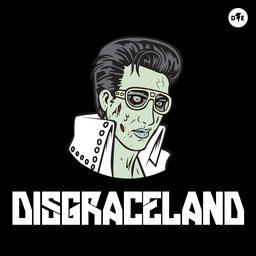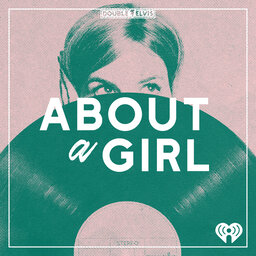Donna Ludwig & Ritchie Valens — Donna
Los Angeles, 1957. In the time of drive-in movies and sock hops, high school student Donna Ludwig liked to sneak out of the house to have fun with her friends. On one night out, she met a young guitarist named Richard Valenzuela and was immediately smitten. As Ritchie Valens, he would have a chart-topping hit with a song he wrote for her, before his life was tragically cut short.
Learn more about your ad-choices at https://www.iheartpodcastnetwork.com
In 1 playlist(s)
About A Girl
About A Girl is a scripted narrative anthology series about women whose stories have long been eclip…Social links
Follow podcast
Recent clips

Presenting Disgraceland Season 12 (Trailer)
02:00

Queen Latifah: From Princess of the Posse to Queen of the Rap Scene
39:08

Kelis: Musical Kaleidoscopes, Culinary Feasts, Nas, and Moving On
32:30
 About A Girl
About A Girl